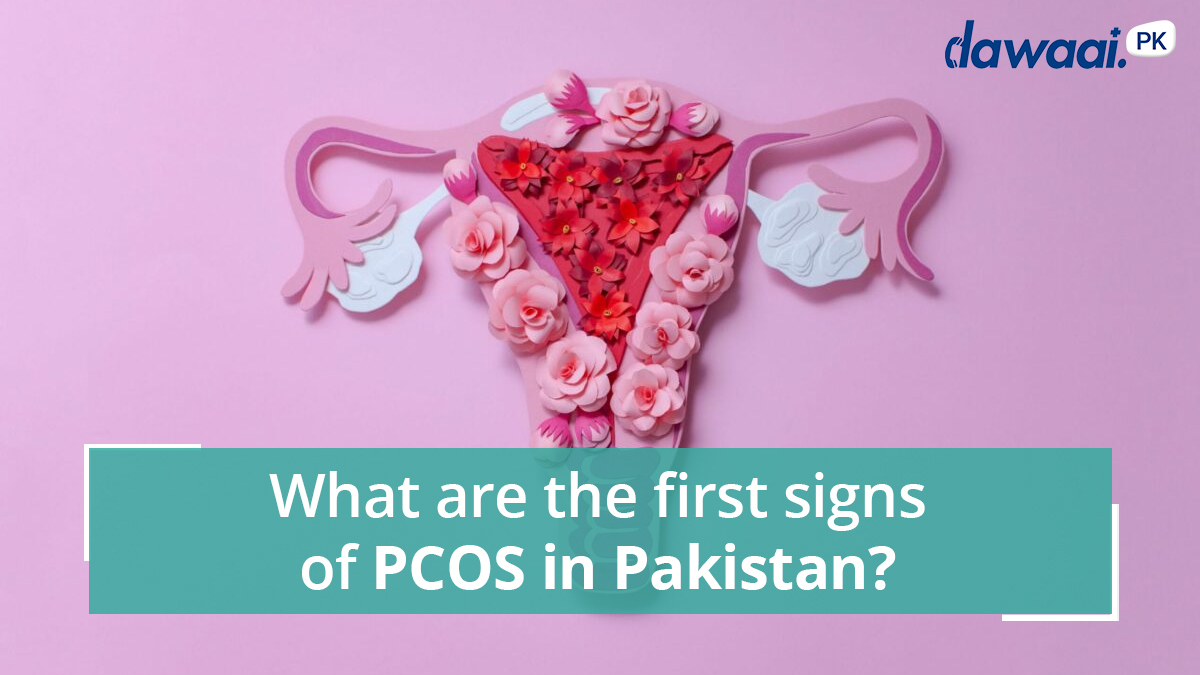Medically reviewed by Dr. Muhammad Ashraf Shera.
According to this research article in the Journal of the College of Physicians and Surgeons Pakistan, the prevalence of Polycystic Ovary Syndrome (PCOS) in South Asian women especially Pakistani women is higher (52%) than women in the UK (20 – 25%). This suggests that many women in Pakistan are susceptible to the health risks posed by this condition. PCOS is also the most common cause of medically treatable infertility in women in Pakistan.
It is for these reasons that it is imperative for us to talk about what PCOS is, what its symptoms are and how one can seek treatment.
What is polycystic ovary syndrome?
The first thing to know about PCOS is that its exact cause is unknown. Its greater incidence in Pakistani women has been attributed to genetic reasons, environmental factors and intermarriages. Yet, the cause itself has not been determined in any part of the world. There are certain factors, however, that are considered to play a role, such as: genes, excess insulin, excess male hormone called androgen and low-grade inflammation.
The second thing to know about PCOS is what this condition does to your health. PCOS has several implications on a woman’s reproductive health. It results in infrequent, irregular or prolonged menstrual cycles, increased levels of male hormone (androgen) in the body and it may enlarge ovaries, causing them to dysfunction.
What are the symptoms of PCOS?
According to National Health Service UK (NHS), PCOS has the following symptoms:
- Irregular periods or no periods at all
- Infertility or difficulties getting pregnant
- Weight gain
- Hair loss from head or thinning of hair
- Excessive hair growth, usually on the face, chest, back or buttocks
- Oily skin or acne
What risks can Polycystic Ovary Syndrome pose later in life?
Polycystic Ovary Syndrome can have several devastating consequences on a woman’s health. It can increase the risk of cardiovascular disease, obesity, depression and type 2 diabetes. For more information you can read this article.
What is the treatment like?
When symptoms persist, it is best to go see the doctor immediately. There is not a specific diagnostic test that can determine whether one has PCOS. Moreover, treatment varies according to age, symptoms and whether you want to become pregnant. A doctor may prescribe hormonal birth control or a diabetes drug according to the specific nature of the patients’ condition. Similarly, a doctor may advise certain lifestyle changes such as exercise, healthy diet and weight loss to alleviate the symptoms.
If you have more questions about Polycystic Ovary Syndrome, please consult medical professionals on our app.




